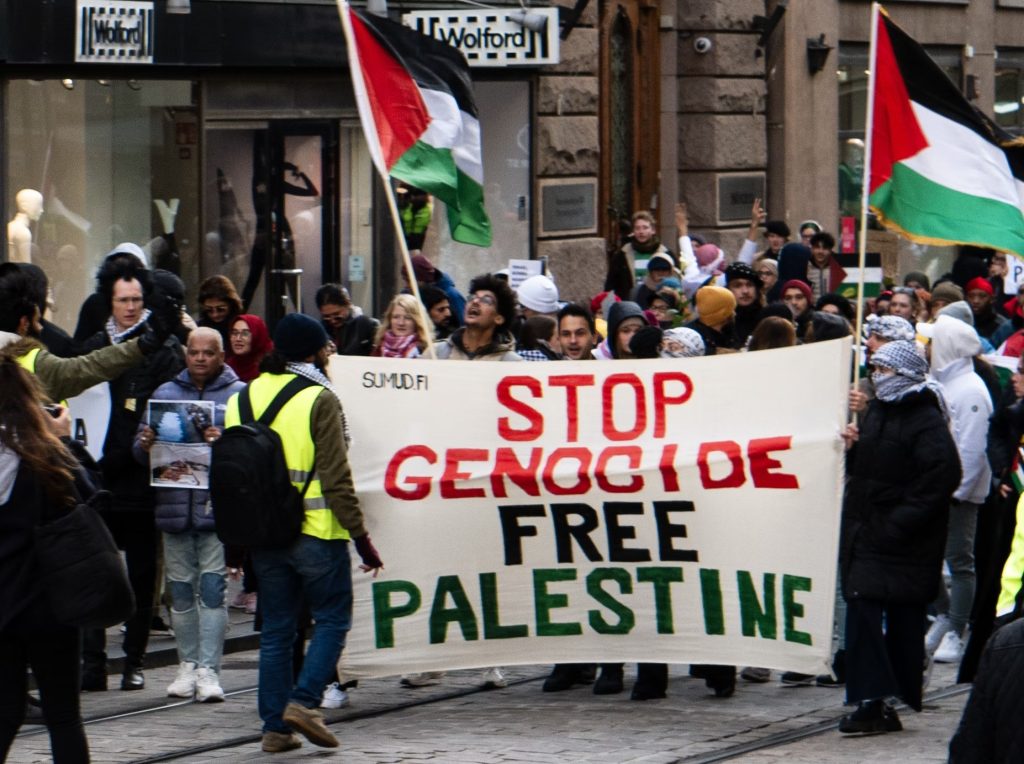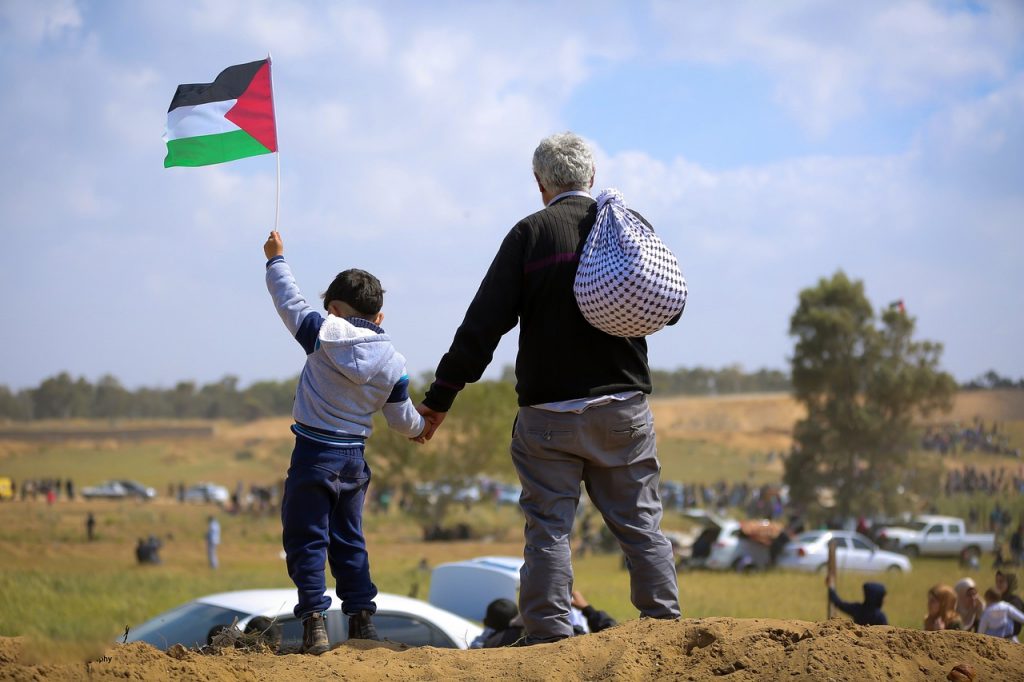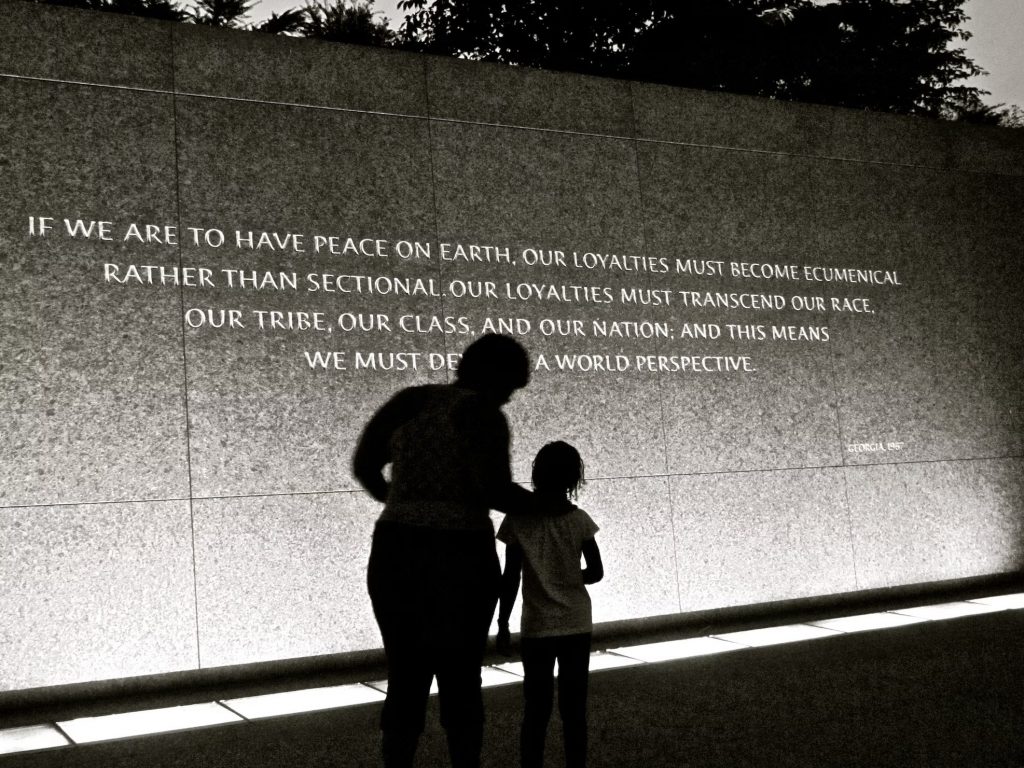
Hi everyone, real quick before we focus on this week’s topic, for the past few months, Crappy Funding Practices has been calling out the eye-popping shenanigans we’ve encountered. Such as the funder that requires grantees to submit a notarized report every 60 days! (Hats off to you, Garneau-Nicon Family Foundation; that’s a breathtakingly new level of insipidness). Here’s a great article on the movement by our colleague Dawn Wolfe. The LinkedIn following is now at over 12,000 and growing rapidly; join in on the fun.
However, all of this takes work! Behind these posts on LinkedIn are teams of volunteers spending hours communicating with folks who nominate funders, vetting submissions, crafting the call-outs, engaging with social media, developing list of resources, planning meetings and organizing, etc. It’s a lot of work and right now all volunteer-run. We need more people involved. So, if you’re interested in helping out, please join a special meeting we’re hosting on May 14th at 10am Pacific Time, where we’ll update you on what’s been going on, and present the different options for you to plug into. Register here. See you then!
Continue reading →




